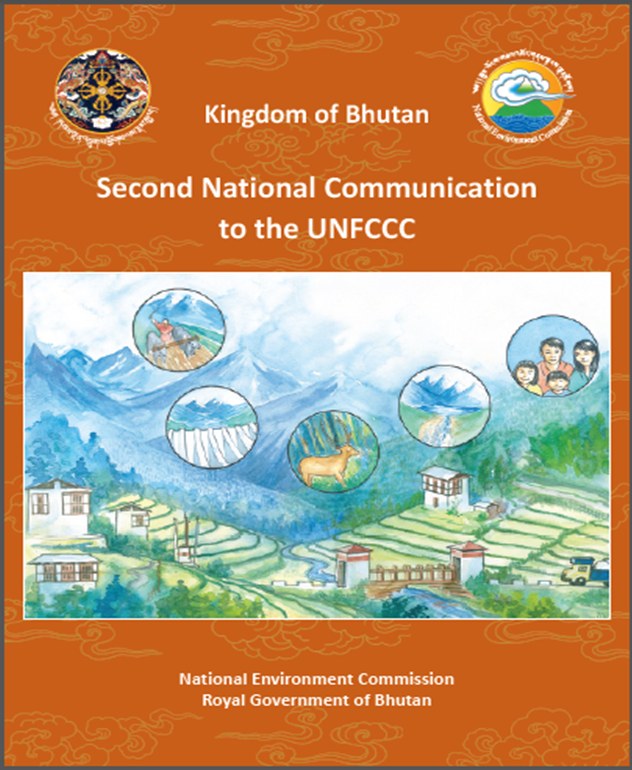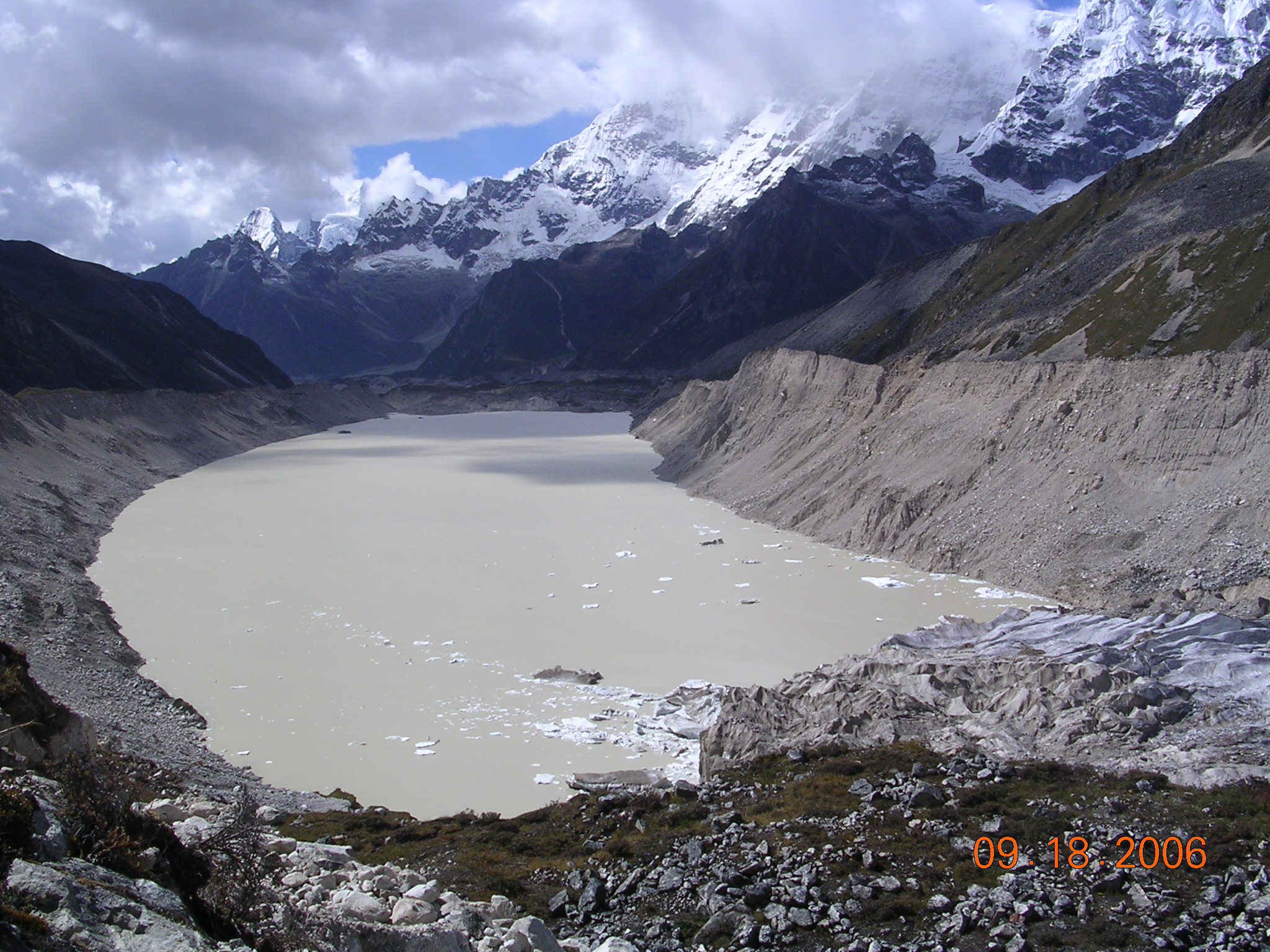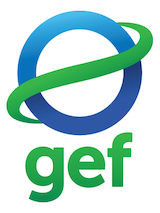Bhutan Second National Communication (2011)
Project Overview
The creation of a National Communication offers countries the opportunity to contribute with technically sound studies and information that can be used for designing mitigation and adaptation measures, and project proposals that can and will help increase their resilience to the impacts of climate change. Activities generally include: V&A assessments, Greenhouse Gas Inventory preparation, Mitigation Analysis or Education, and awareness raising activities.The ultimate goal is the integration of climate change considerations into relevant social, economic and environmental policies and actions.
Key vulnerabilities identified in Bhutan's Second National Communication (2011):
- Water Resources
- Agriculture
- Forests and Biodiversity
- Public Health
- Glaciers and GLOFs
Project Details
Potential adaptation measures identified in Bhutan's Second National Plan (2011):
Water Resources
- Conduct comprehensive water resources assessment to improve understanding of water resource availability, the effects of climate change to develop appropriate adaptation measures
- Increase resilience to the impacts of climate change on water resources
- Water Resources Management through adoption and implementation of IWRM and eco-efficiency by using river basin framework for planning
- Strengthening Climate observation and network for early warning and forecasting of extreme events understanding climate change
- Mainstream CC & WR into national plans and programmes.
Agriculture
- To identify and map highly vulnerable farming communities across the country
- To strengthen institutional capacity of research/extension of DoA and at district and geog levels
- To increase access to improved genetic resources resistant to a-biotic and biotic stresses
- To identify and promote potential crops for agriculture/farming diversification to reduce crop failures
- Increase access to improved irrigation systems
Forests and Biodiversity
- Establishing the baseline, understanding and monitoring the impacts of CC on the species and ecosystems in Bhutan
- Increase ecosystem resilience against climate change disruption through re-evaluation and strengthening of protected areas, and sustainable management of biodiversity use
- Address risk of species loss from climate change by strengthening species conservation and management program by taking into consideration climate change
- Measures to address increased threat from invasive species, pests and diseases under changing climate
- Develop and implement a comprehensive forest fire management program, taking into account drier and warmer winters
- Measures to ensure sustainable use and management of biodiversity by local communities by taking into account threats from changing climate
Public Health
- Ensure adequate drinking water during the dry period
- Control and reduce spread of vector borne diseases
- Build disaster response management preparedness
- To educate and enhance the level of awareness to cope with health risks of climate change
Glaciers and GLOFs
- Enhancing preparedness and understanding for GLOFs triggered by Climate Change
- Implementation of risk reduction measures in potentially dangerous glacial lakes.
Key Results and Outputs
- Sustainable development and the integration of climate change concerns into medium- and long-term planning
- Inventories of anthropogenic emissions by sources and removals by sinks of greenhouse gases
- Measures contributing to addressing climate change
- Research and systematic observation
- Climate change impacts, adaptation measures and response strategies
- Education, training and public awareness
Reports and Publications
Assessments and Background Documents
Monitoring and Evaluation
In 1992, countries joined an international treaty, the United Nations Framework Convention on Climate Change, to cooperatively consider what they could do to limit average global temperature increases and the resulting climate change, and to cope with whatever impacts were, by then, inevitable.
Parties to the Convention must submit national reports on implementation of the Convention to the Conference of the Parties (COP). The required contents of national communications and the timetable for their submission are different for Annex I and non-Annex I Parties. This is in accordance with the principle of "common but differentiated responsibilities" enshrined in the Convention.
The core elements of the national communications for both Annex I and non-Annex I Parties are information on emissions and removals of greenhouse gases (GHGs) and details of the activities a Party has undertaken to implement the Convention. National communications usually contain information on national circumstances, vulnerability assessment, financial resources and transfer of technology, and education, training and public awareness.
Since 1994, governments have invested significant time and resources in the preparation, collection and validation of data on GHG emissions, and the COP has made determined efforts to improve the quality and consistency of the data, which are ensured by established guidelines for reporting. Non-Annex I Parties receive financial and technical assistance in preparing their national communications, facilitated by the UNFCCC secretariat





